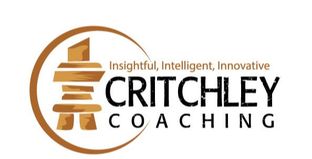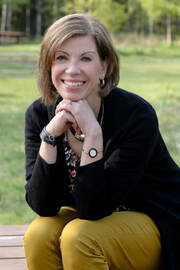
It wasn’t too many years after its transformation that my sister, Mary, took me there to get a library card. It was special beyond belief. We were allowed to read in the library and take out books to use while we were on vacation, and the best of all was that, at the end of our holiday, the kind librarian saved our library cards on file, for us to use the following summer. We thought we had won the lottery with this kindness.
Given all this, I’m not quite sure how as an adult I lapsed in my loyalty to libraries. I suspect part of it was that when we lived on our acreage, the ‘local’ library wasn’t so local, and for a time the fee to get a card in the city was prohibitive. At any rate, here I am now, a city dweller, determined to make visits to the library, not just to the kids’ section, part of my more regular routine.
I read an article this week about a movement originating in Denmark. In libraries there, and now in 70 other countries in the world, instead of borrowing a traditional book to read a story, you can borrow a person instead. The idea, established in 2000, is to allow the borrower to ask questions about someone’s life and experience and to understand issues better. The people being borrowed present themselves as ‘open books’, freely giving information and perspectives on a wide variety of sometimes not easily discussed topics. People who volunteer to be human books often represent a group in society that may have been subject to prejudice, stigmatization or discrimination, but may also be people who simply have a wonderful life story to tell.
The original simple concept was to challenge stereotypes. Many of us have preconceived notions and perhaps even strong opinions about groups of people with whom we may never have interacted. Some libraries now even host ‘Book of the Month’ where a particular human book gives an ‘open book’ talk to a group.
Sometimes written stories are engaging because of the action contained within, because of what the characters do. I’ve noticed, however, that if the stories are heavy on action and light on character development and plot, they aren’t nearly as interesting. When we are invited to understand the feelings, heartbreaks, dreams, challenges, and desires of a character, we find ways to connect with and relate to them.
We have an odd little tendency in our society; we want to connect deeply with others, but we can be reluctant to be open books, to show our vulnerabilities. While our intent may be to protect ourselves, the result is we find ourselves gathering dust on a library shelf. No one is all that interested in ‘checking us out’.
The reason the Human Library is so popular is because all the books have agreed to be open. They have agreed to risk sharing not only their accomplishments, their doings, but also the more personal parts of their story, their being. When the borrower is gifted with such openness, the common result is that they find themselves fulfilling the tagline of the program which is to “unjudged someone”.
All this learning about this concept of ‘human books’ has had me thinking. ‘What’s my story?’, I wonder. Perhaps more importantly, what do I want my story to be, and how can I align my life to make it so. If someone were to take me out of the library for thirty minutes, who would they meet?
We are each given one trip on this earth. One. There are no do-overs. We cannot pretend that this time is a dress rehearsal and next time we’ll be more brave, adventuresome, loving, thoughtful, hard-working, inventive, creative and inspiring. We are writing our story each moment we breath.
May this week, which happens to be ‘Freedom to Read Week’, bring opportunities for each of us to add to our humanness, and to fill our lives with some of the things we would like others to ‘read’ should they decide to ‘check us out’.
Elizabeth is a certified professional Leadership Coach, and the owner of Critchley Coaching. She is the founder and president of the Canadian charity, RDL Building Hope Society. She works with corporations, non-profits and the public sector, providing leadership coaching. She creates and facilitates custom workshops for all sizes of groups and has expertise in facilitating Strategic Plans for organizations. Contact Elizabeth to learn how to become the human book you’d be proud to star in.


 RSS Feed
RSS Feed